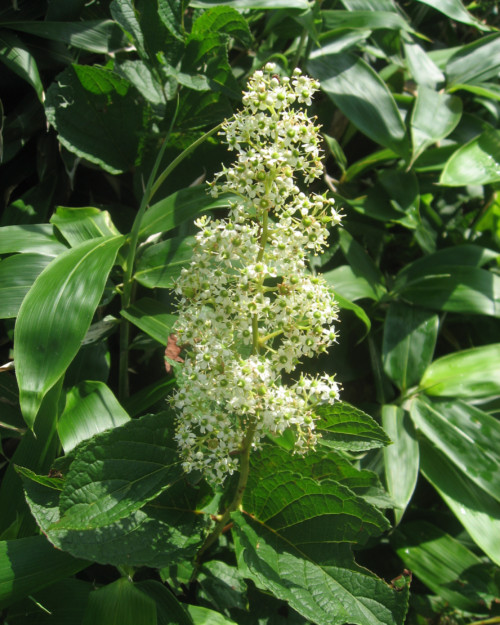The “Thunder God Vine” Might Hold The Answer To Better Birth Control
While today there are more birth control options than ever, many consumers lament the lack of a viable, effective nature-based option.
Historically, many indigenous cultures have used plants to control fertility to varying results, including the wild yam in North America and silphim, which the ancient Romans harvested so fervently that they drove it to extinction.
New research from University of California, Berkeley, CA, however, may be bringing effective plant-based birth control to the 21st century.
After consulting literature on natural contraceptives used by indigenous cultures, the research team selected Tripterygium wilfordii (known as “thunder god vine” and frequently used in traditional Chinese medicine for a host of ailments, fertility-related and otherwise) and other plants containing the compound lupeol (like mango, dandelion root, grapes, and olives).
Using human sperm for their trials, they discovered that the two plant-based compounds (pristimerin from the thunder god vine and lupeol) prevented fertilization by inhibiting certain chemical mechanisms essential for the sperm’s ability to fertilize the egg. Because the compounds do not actually have a direct effect on the egg or the sperm (they simply create an environment which is unfavorable to the sperm’s fertilization mechanism), lead researcher Polina Lishko refers to the compounds as being more accurately described as “molecular condoms”. Lishko and her team anticipate the compounds could be taken before or after intercourse to prevent fertilization, and would be delivered via skin patch or vaginal ring.
While drugs and trials are still many years away, the discovery is an exciting step forward for less invasive birth control methods. We’ll continue to update this story as new research emerges.



































